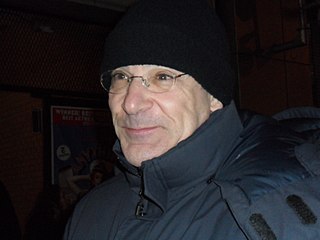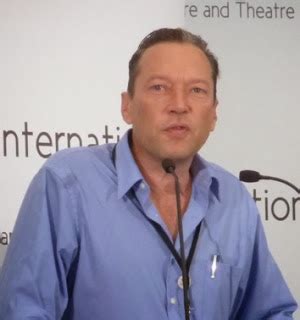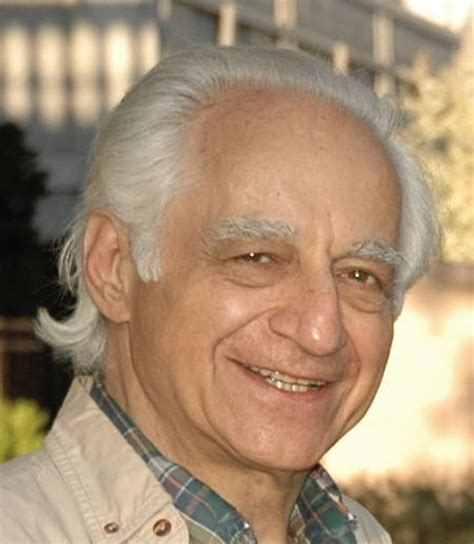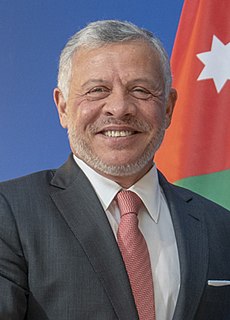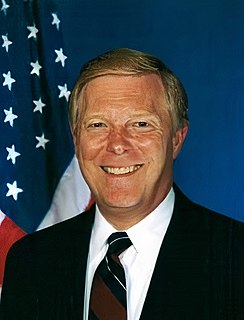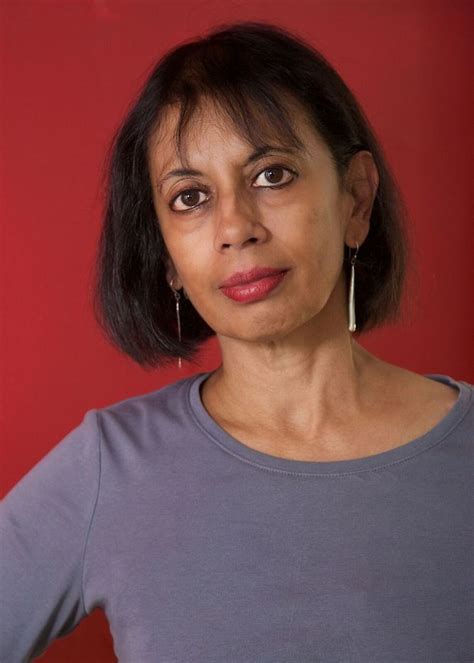A Quote by Mandy Patinkin
Peace in the Middle East isn't going to be created by another war or violent act on the other side.
Related Quotes
The modern Middle East was largely created by the British. It was they who carried the Allied war effort in the region during World War I and who, at its close, principally fashioned its peace. It was a peace presaged by the nickname given the region by covetous British leaders in wartime: 'The Great Loot.'
I think the public is very reluctant to get involved in more foreign wars, especially in the Middle East. And they understand, implicitly, that we go to war in the Middle East because of oil. And if we don't want to go to war in the Middle East, then we have to do something about the oil problem. And I think that view is gaining ground in the U.S.
To carry the spirit of peace into war is a weak and cruel policy. When an extreme case calls for that remedy which is in its own nature most violent, and which, in such cases, is a remedy only because it is violent, it is idle to think of mitigating and diluting. Languid war can do nothing which negotiation or submission will do better: and to act on any other principle is, not to save blood and money, but to squander them.
I do think, from the other side, that George W. ush was somewhat of an innocent in his thinking about what Ronald Reagan did during the Cold War and by bringing democracy to Eastern Europe. I think he believed that he could do the same thing by bringing democracy - or Midland, Texas, really - to the Middle East. I truly think he felt it was possible. "I want to do for the Middle East what Reagan did for the Soviet Union."
What we learn from the past is that you cannot make peace against people by interfering and - and just launching a war and trying to change a regime without any political solution. So my role is first to avoid any war and try to - to frame the discussion in order to create peace and have a comprehensive peace process and preserve unintelligible and especially in this Middle East region. That's what I tried to do in Lebanon, for instance, by negotiating both with M.B.S., with the Lebanese government.
9/11 was not an act of war. It was a criminal act. It was a simple. Criminal act by a bunch of lunatic fanatic violent people who needed to be tracked down and apprehended and tried exactly as you would with any other lunatic violent person, like we do with our own domestic terrorists, like the guy who bombed the Oklahoma federal building.
I believe that the Iraqis have an opportunity now, without Saddam Hussein there, to build the first multiconfessional Arab democracy in the Middle East. And that will make for a different kind of Middle East. And these things take time. History has a long arc, not a short one. And there are going to be ups and downs, and it is going to take patience by the United States and by Iraq's neighbors to help the Iraqis to do that. But if they succeed, it'll transform the Middle East, and that's worth doing.
You can't anticipate history. It's only when you look back you see what the Romans did, and what various other empires did, what the British Empire did. We're now beginning to see the long shadow that it created, so one must be hopeful and say that what's going on in Asia, that what's going on in the Middle East, that all these various areas of conflict, that they will pass and move onto another area. But it would seem that the natural order of things is there is this cyclic behavior of destruction followed by a calm period.
